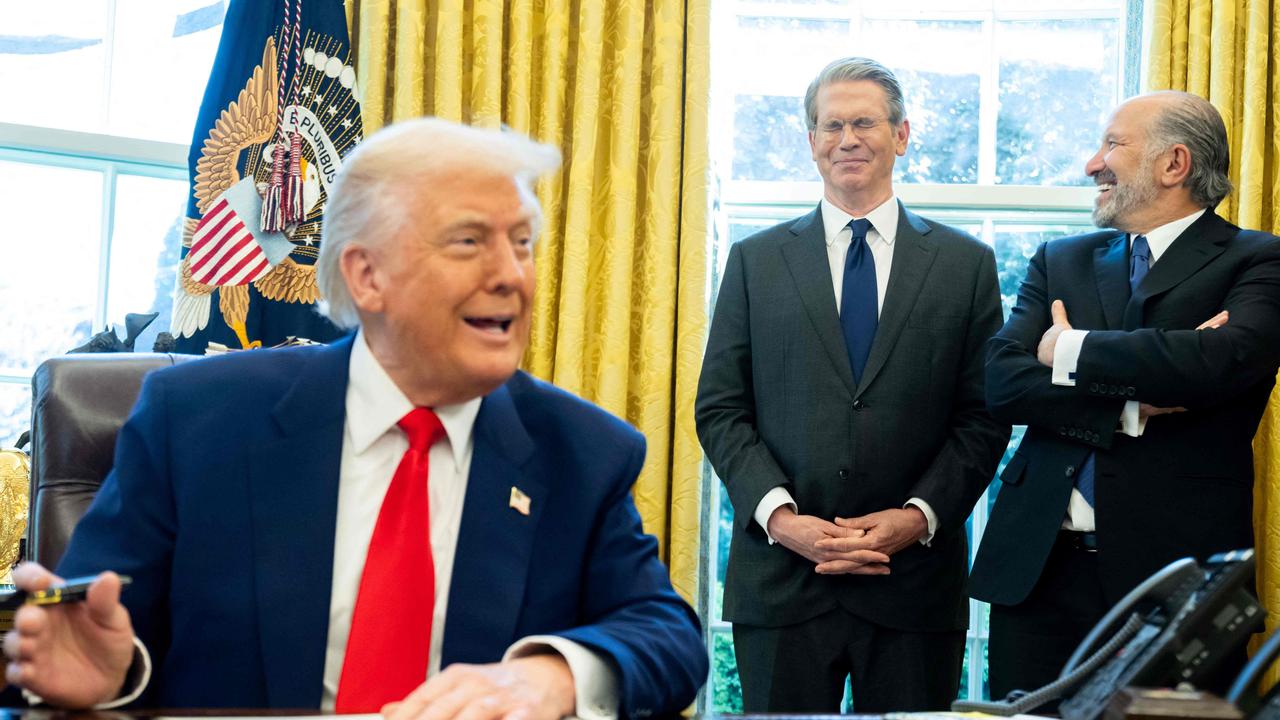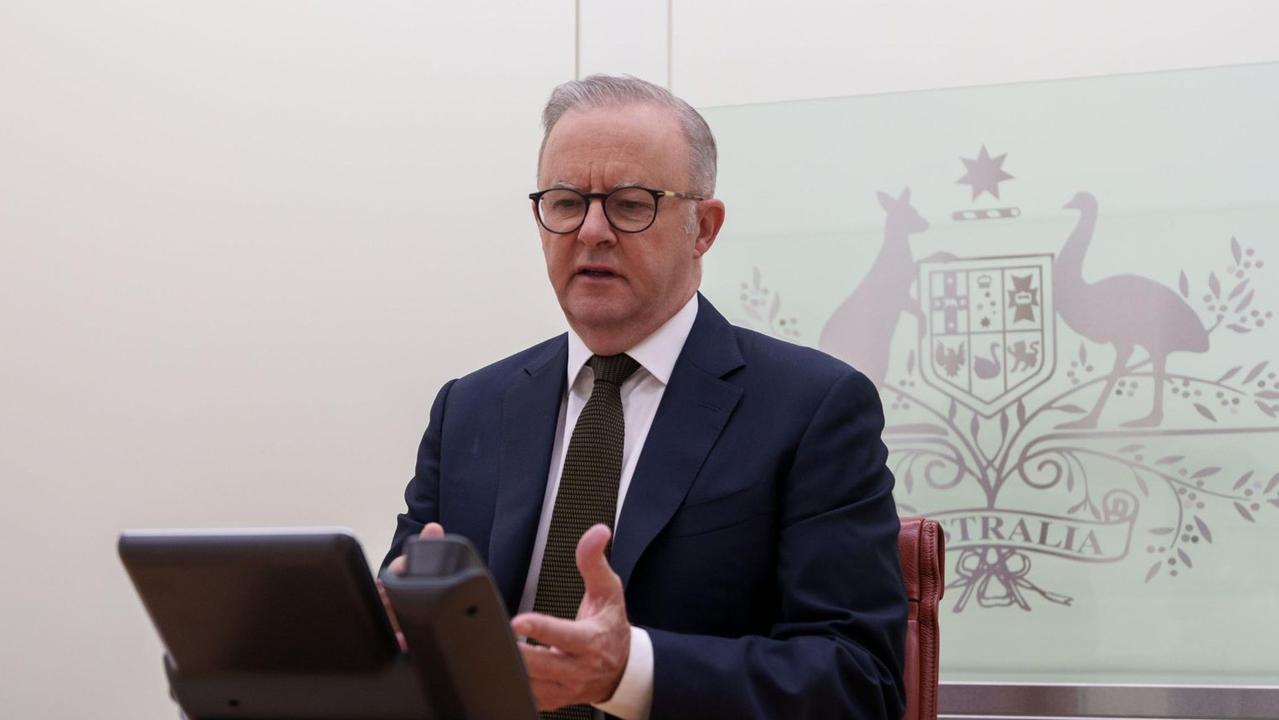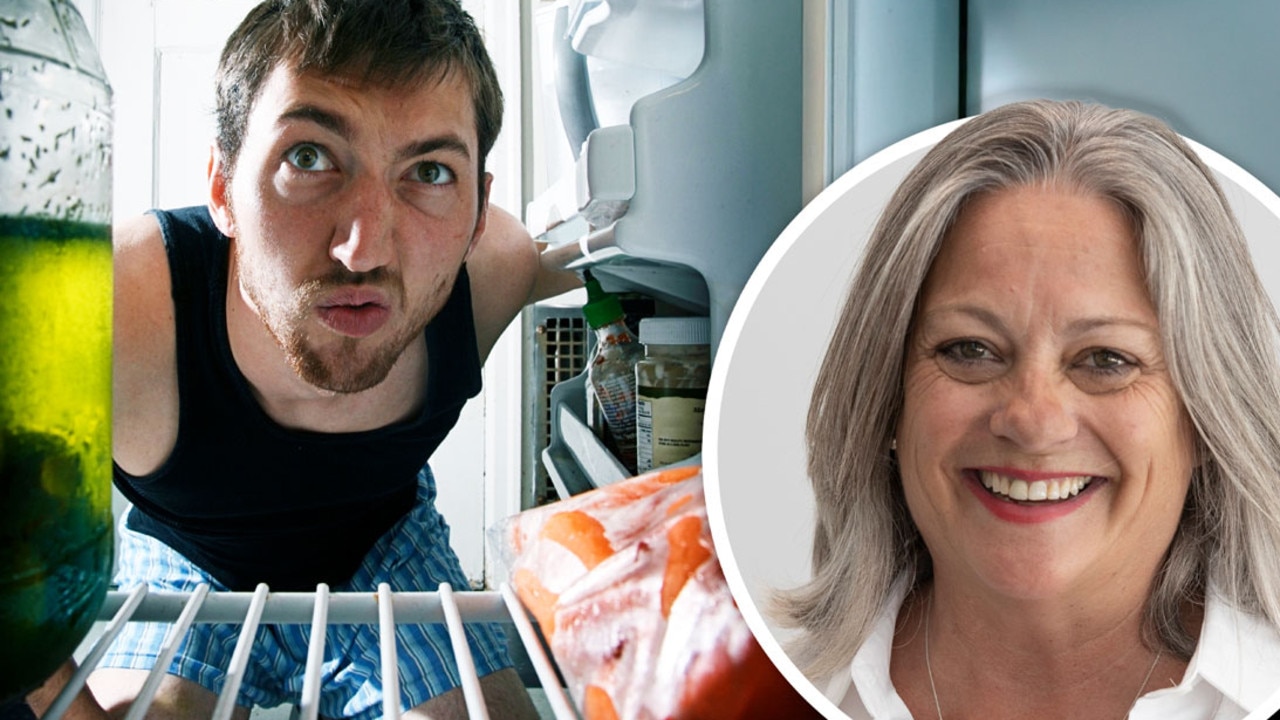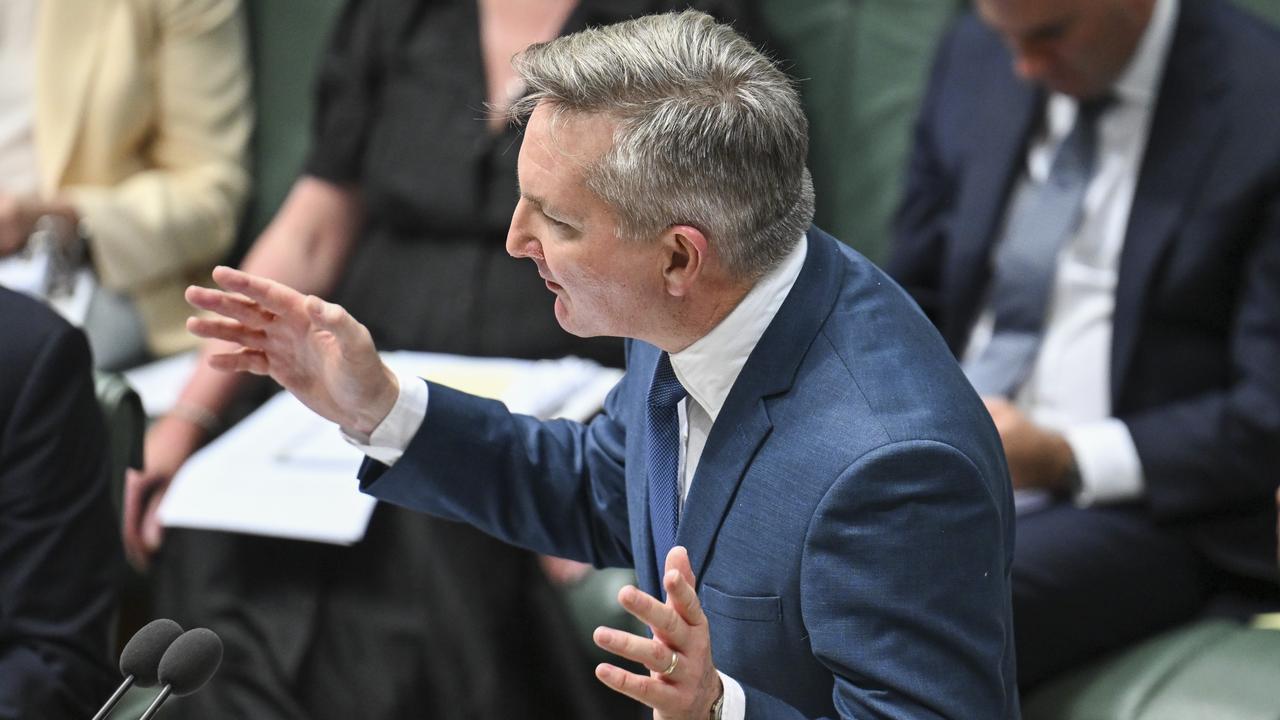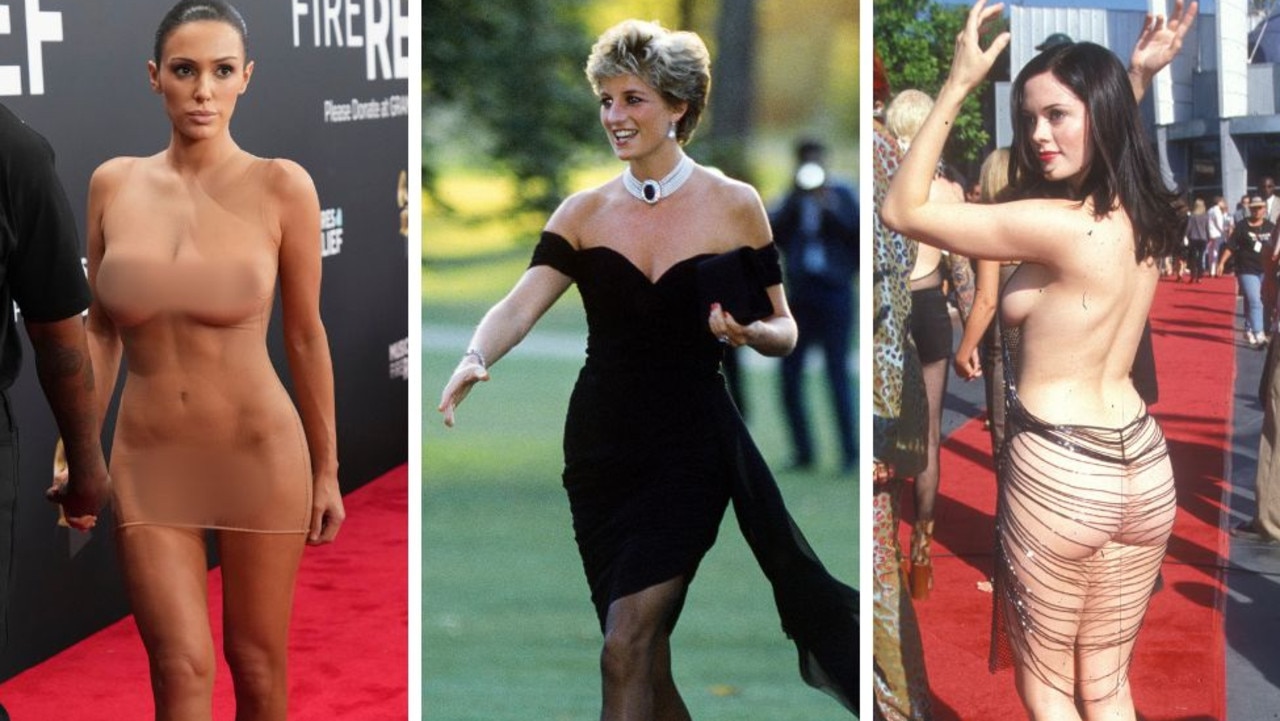The debate that has to be had
The case for population control should not be hijacked by ugly debates about race or religion
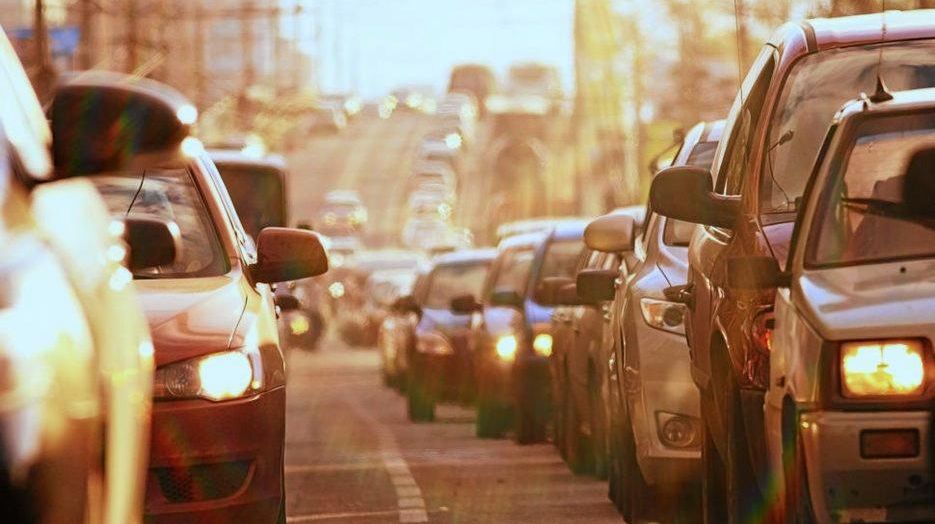
Opinion
Don't miss out on the headlines from Opinion. Followed categories will be added to My News.
Opinion - Bill Hoffman
AUSTRALIA desperately needs a national debate on immigration, despite it being made more difficult to do so because of the tragic events in Christchurch.
Yes, the argument to restrict the exponential growth of our population has often been carried by those with racist agendas - those who want to restrict entry by people based on ethnicity or religion.
That has been unfortunate and has tended to cause people who should be engaging in the debate to shy away, and understandably so.
Dick Smith is not one of those and continues to stand his ground despite his misunderstood decision to back One Nation Party on the issue. He shows great courage in doing so, given the language and behaviour of Pauline Hanson in her ill-formed, often incoherent and generally racist and xenophobic prosecution of the case for the need to pull back from the Third World levels of growth Australia has maintained for much of the past two decades.
Smith has been able to bring some considerable structure and fact to the One Nation argument, which generally shares his desire to see our overall growth rate reduced from current levels to around 75,000 annually, in pursuit of a cap of about 25 million.
It is understandable for people to look for others to blame for their dissatisfaction with the consequences of two decades of unsustainable growth.
It is, however, unacceptable, intellectually lazy and carries more than racist undertones to single out Muslims, Chinese, "Asians" or boat people as the blame for our falling standard of living, congestion or a housing market dominated by the impact of a badly-weighted tax policy.
The Sustainable Population Party, now the Sustainable Australia Party, which attracted more than a million votes for its senate candidates in 2016 without securing a seat, wants immigration rates pulled back to the long-term average of 70,000.
It would retain refugee intake levels at existing rates of between 14,000 and 20,000 annually.
There is no argument that unrestrained growth has not resulted in considerable short-term profits for some and has stimulated GDP growth levels governments state and national governments have used as false measure of the quality of their economic management.
The long-term benefits are considerably less clear while the costs can be measured in congestion, environmental degradation and over-population of coastal plains vulnerable to sea-level rise, flooding and climate change.
Rather than a resilient Australia living comfortably in our environment with the capacity to adapt to change, we have built some of the most-densely populated cities on the planet.
The unsustainable economic sugar hit of population growth is like a drug for politicians and political parties who wave manipulated job-creation figures around as proof they have the formula right.
Stagnant wage growth, under-employment rates, congestion, diminishing quality of life in expensive, poorly-designed, so-called master-planned housing tracks and sardine-stacked apartment blocks, coupled with long work commutes on public transport and road networks that have simply failed to keep pace with the so-called growth miracle would suggest otherwise.
Internal migration driven by a desire to escape the mess has changed the character of coastal villages right along the eastern seaboard.
Poorly-considered planning and an indifference towards the consequences now threaten an urban sprawl not just as once feared from Noosa to Coolangatta but from one end of the country to the other along a narrow and vulnerable coastal fringe.
Driving change is difficult when there's money to made and even more so when there's not. But at some point, we are going to have to face up to the folly and begin a process of gradual change despite what levels of pain that may bring.
What we shouldn't kid ourselves about though is that it is somehow, someone else's fault.
We all have an equal right to a vote, access to education and a capacity to think, how ever uncomfortable that may make some of us feel.
The language and sentiment used in many of the social media feeds I've unfortunately exposed myself to in the past week may suggest otherwise in relation to that capacity to think. But that has been more than balanced by the compassion and empathy shown towards those traumatised, injured and grieving from the assault in Christchurch.
I have no desire or intent to argue the point with those who use false equivalence to challenge that outpouring of humanity.
Rather I would argue the need for all of us to stop looking for scapegoats and soberly consider how we have arrived at this point.
Originally published as The debate that has to be had

